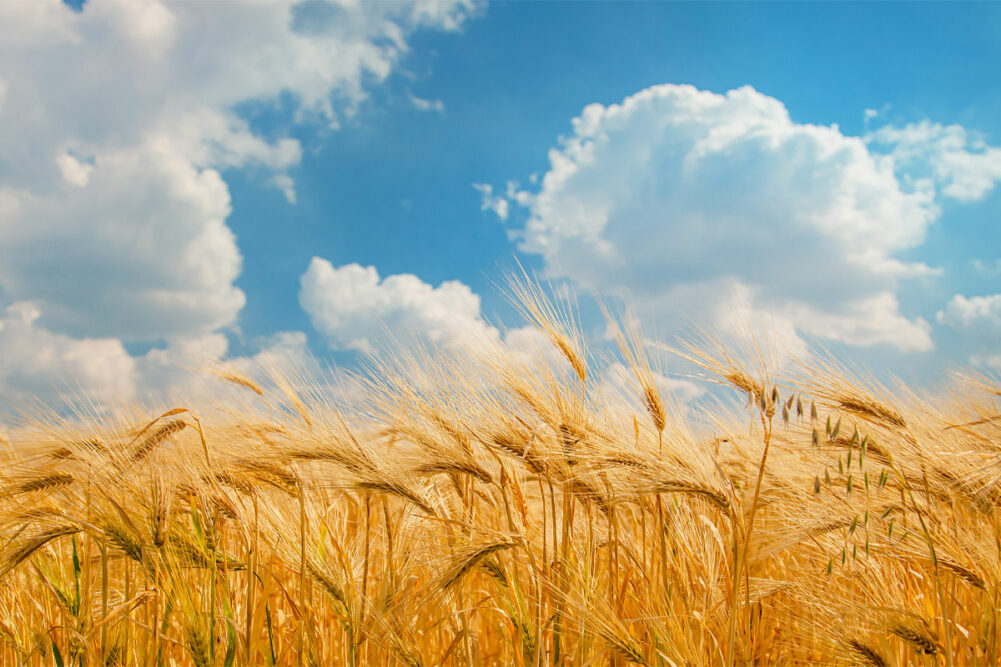BEIJING – Climate change could have more of a negative impact on low-latitude countries than on high-altitude countries, further widening the gap between the fortunes of wheat farmers in developed countries and wheat farmers in developing countries, according to research from China published Aug. 19 in the journal One Earth.
The researchers developed a climate-wheat-economic ensemble modeling approach in which they looked at the impacts of climate mean conditions and extreme events on wheat yields, price and the global supply chain. The model assessed the impact of 2 degrees Celsius global warming on the global wheat supply and demand chain.
The researchers anticipate a 1.7% increase in global mean yield under the scenario of 2 degrees Celsius warming because the effect of carbon dioxide fertilization will compensate for the impact of global warming. Yields will decline in lower-latitude regions such as Africa and South Asia, with declines of over 15% in some areas. Yields will increase in higher-altitude areas like the United States, China and Europe.
The average global wheat price for consumers will increase by 1.8%. Mean prices will increase in India and Central Asia. They will decrease in some countries, including China and several European countries.
“With this change in yields, the traditional trade position of the wheat market could be deepened, and this may cause the wheat-importing regions located in low latitudes, such as Southern Asia and Northern Africa, to see more frequent and steeper wheat price spikes than wheat exporting countries,” said lead author Tianyi Zhang, an agro-meteorologist with the Institute of Atmospheric Physics at the Chinese Academy of Science.
Trade liberalization will further expand the income gap between farmers in wheat-exporting countries and wheat-importing countries, according to the study.
“Agricultural trade liberalization accompanied by protection polices in developing countries would be beneficial for global food security in the threat of climate change,” the researchers said.
The National Key Research and Development Project of China, JPI-Belmont Forum and European Union Horizon 2020 supported the study.




